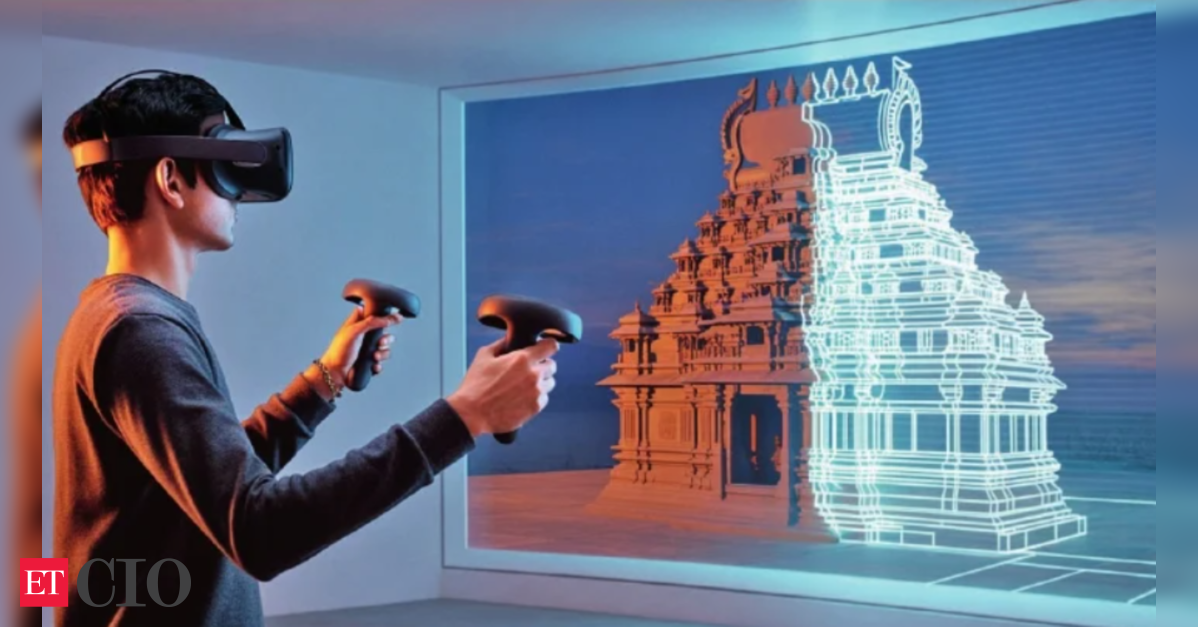Anthropic Secures Key AI Copyright Ruling

In a significant legal victory for the artificial intelligence industry, US District Judge William Alsup has ruled in favor of Anthropic in a copyright lawsuit brought by authors Andrea Bartz, Charles Graeber, and Kirk Wallace Johnson. The judge's decision, issued late Monday in San Francisco, found that Anthropic’s use of the authors’ books to train its Claude large language model was permissible under the doctrine of “fair use” within US copyright law. This ruling addresses a crucial question for the rapidly evolving AI sector, setting a precedent for how copyrighted material can be utilized for training sophisticated AI systems.
While Judge Alsup sided with Anthropic on the transformative nature of its AI training, he also made a distinction: the storage of the authors’ books in a “central library” by Anthropic was deemed a violation of their copyrights and was not covered by fair use. The lawsuit, filed last year, accused Anthropic—a company supported by Amazon and Alphabet—of using pirated versions of the authors’ works without permission or compensation to develop Claude’s ability to respond to human prompts.
This case is one of several class-action lawsuits initiated by authors, news outlets, and other copyright holders against prominent AI companies, including OpenAI, Microsoft, and Meta Platforms, concerning their AI training methodologies. The legal defense of “fair use,” which allows for the use of copyrighted works without direct permission under certain circumstances, is a cornerstone of the tech companies' arguments. Judge Alsup’s decision is notably the first to directly address this doctrine in the context of generative AI, offering critical insights into the legal landscape.
AI companies consistently argue that their systems make fair use of copyrighted material to generate new, transformative content. They contend that being compelled to compensate copyright holders for every piece of training data could severely impede the growth and innovation of the nascent AI industry. Anthropic, in its defense, asserted that its AI training not only aligns with but “encourages” human creativity, stating that its system copied the books to “study Plaintiffs' writing, extract uncopyrightable information from it, and use what it learned to create revolutionary technology.”
Conversely, copyright owners maintain that AI companies are unlawfully duplicating their original works to produce competing content, thereby threatening their livelihoods and intellectual property rights. However, Judge Alsup concurred with Anthropic on Monday, describing its training as “exceedingly transformative.” He articulated this by stating, “Like any reader aspiring to be a writer, Anthropic’s LLMs trained upon works not to race ahead and replicate or supplant them - but to turn a hard corner and create something different.” This ruling underscores the complex balance between fostering technological innovation and protecting creators' rights in the digital age.












